What is a meteorological station?
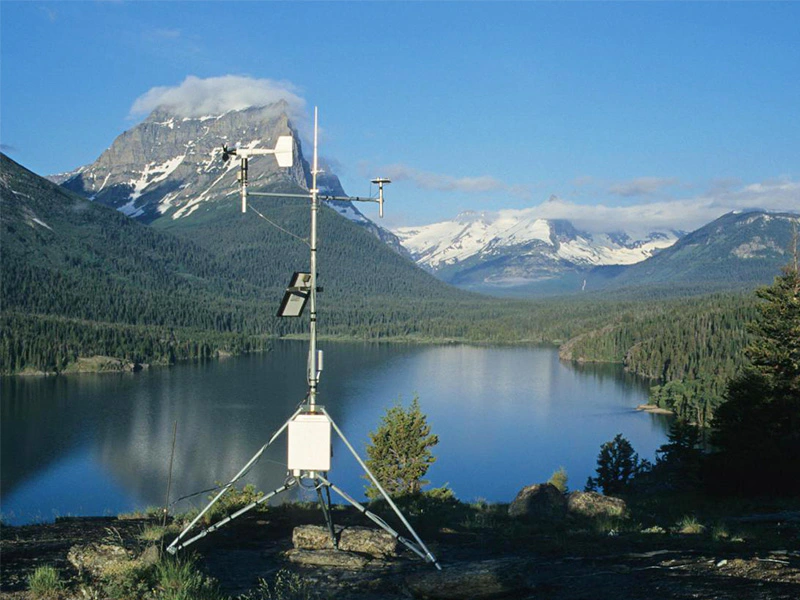
A meteorological station is a specialized apparatus designed to gather, analyze, and process weather-related data. By looking at factors like temperature, humidity, air pressure, light, and rainfall, it predicts climate changes. It also helps to manage different weather-related risks.
Understanding Comfort Dew Point and Measuring It
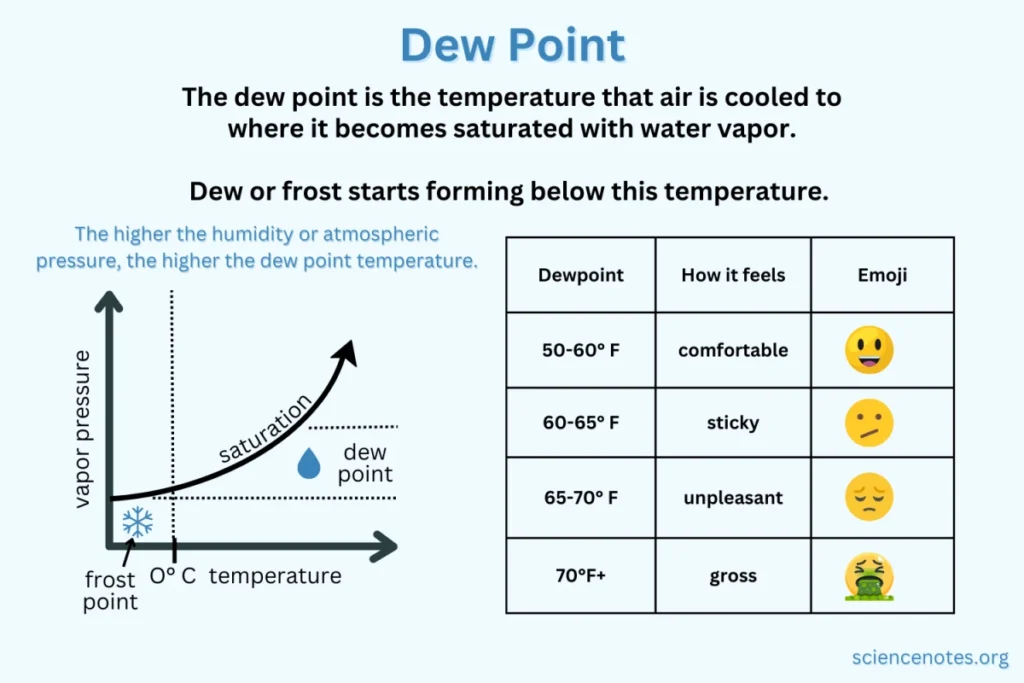
The dew point is closely tied to the amount of water vapor present in the air. In dry conditions with minimal water vapor, the lower dew point implies that surfaces must be much cooler than the air for condensation to occur.
Catalog of Agricultural Sensors, Benefits of Agricultural Sensors
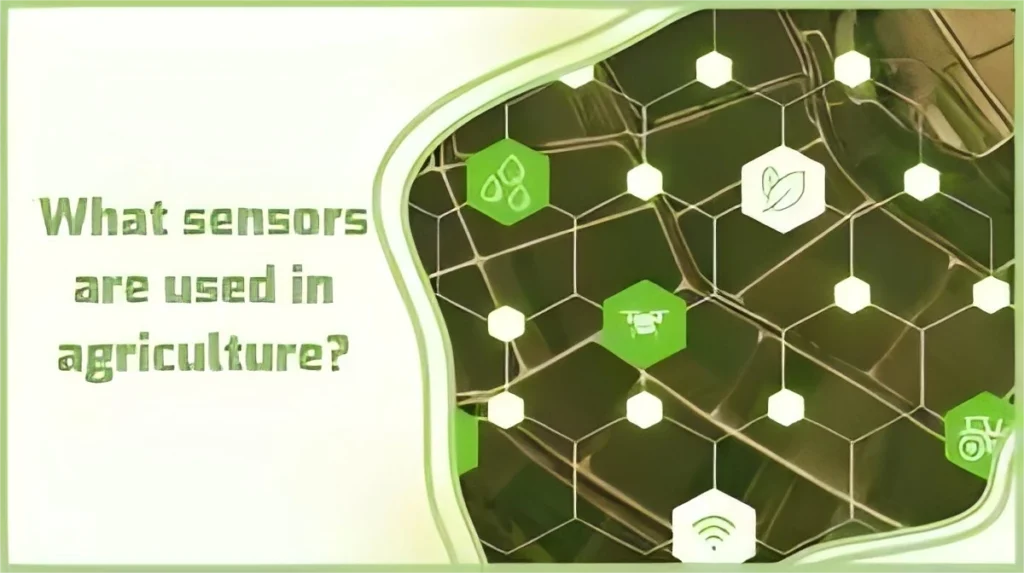
Agricultural sensors is a device that detects data. It converts this data into an electrical signal or other forms of information. Sensors follow specific guidelines to meet the needs of transmitting, processing, storing, displaying, recording, and controlling information.
What is a temperature and humidity sensor?
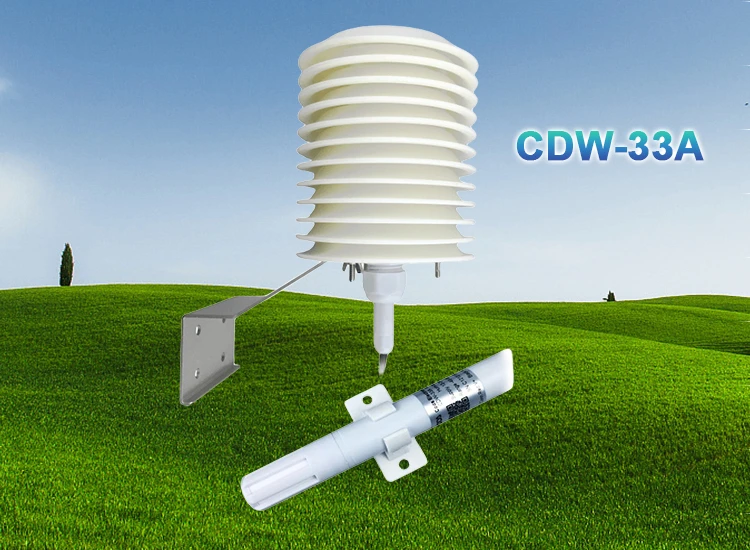
A temperature and humidity sensor, also called an RH temp sensor, is a device. It changes temperature and humidity levels into electrical signals. This makes it easy to measure these environmental factors. Most temperature and humidity transmitters on the market measure the air’s temperature and relative humidity.
What Is Evaporation?
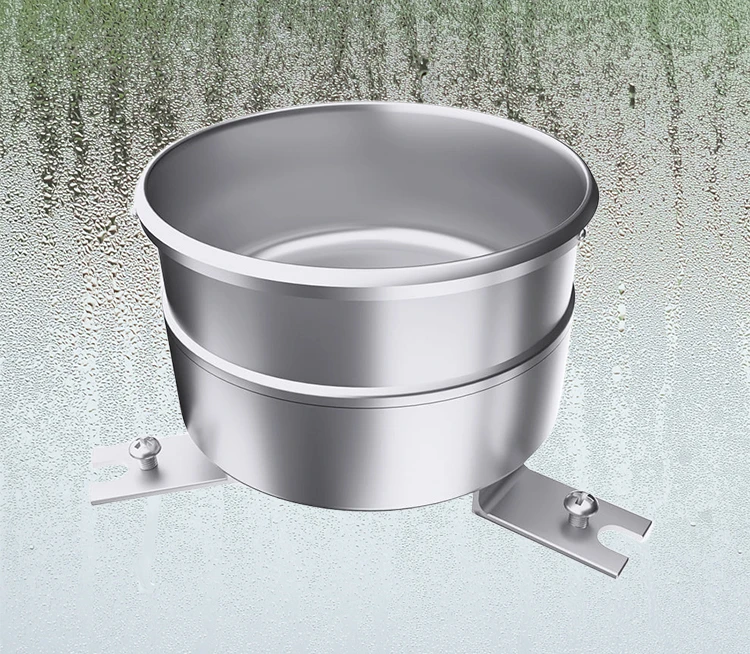
Water occurs naturally in three states: liquid, gas, and solid. These forms can transition between one another based on changes in environmental conditions. At ordinary temperatures, water slowly transforms into water vapor and disperses into the air—a process known as evaporation.
What is a Light Sensor?
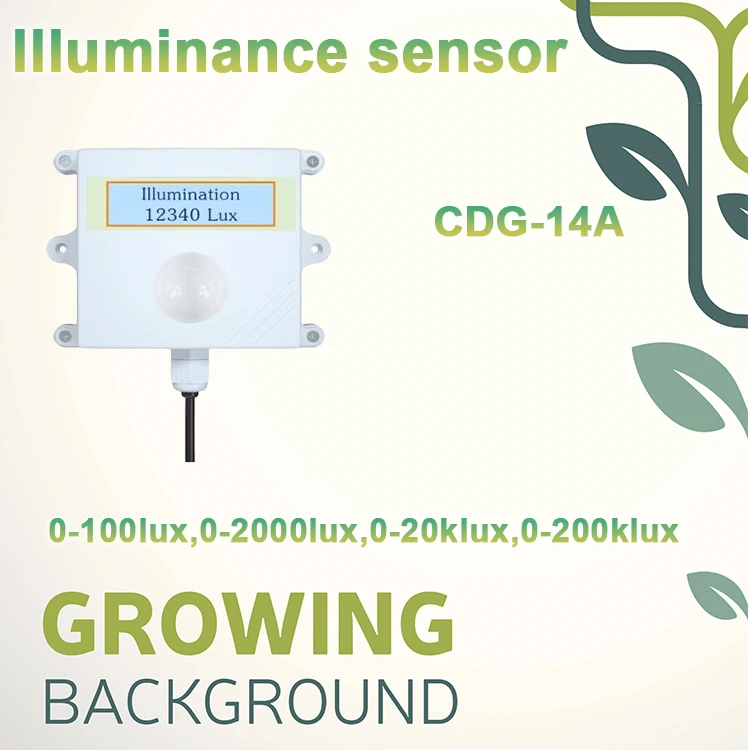
Define light sensor: light sensor is a device that detects light and converts it into an electrical signal. It can measure various properties of light, such as its intensity, wavelength, frequency, or direction.
Atmospheric Pressure: Definition, Measurement, and Effects
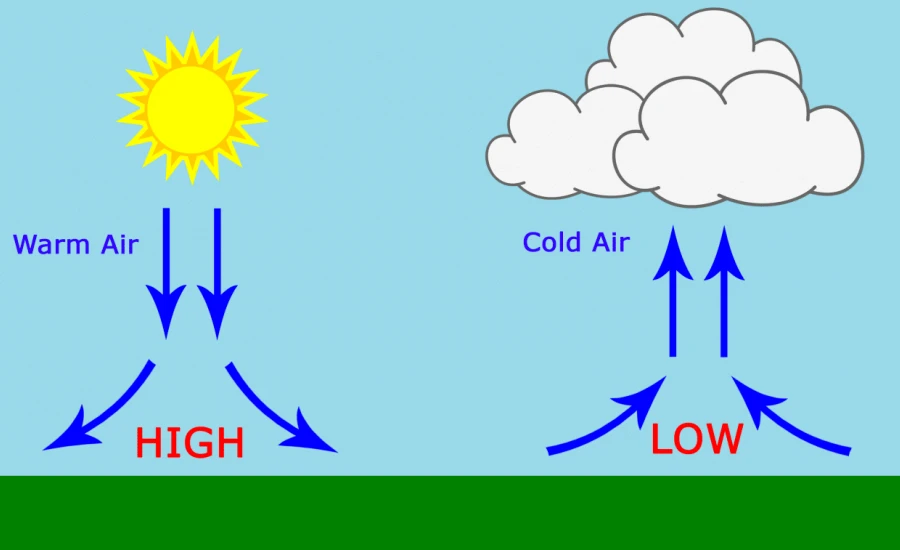
Did you know that atmospheric pressure plays a key role in shaping the natural phenomena around us? From determining wind patterns and cloud formation to influencing ocean tides, its impact is everywhere.
11 Types of Weather Instruments and Their Uses
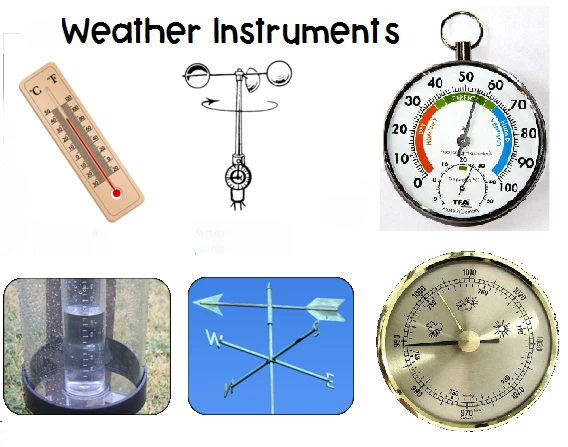
Weather instruments are specialized tools designed for weather forecasting, monitoring, and other meteorological applications. They are generally divided into two main types: ground-based observation instruments and high-altitude weather detection instruments.
What do we mean by a capacitive level gauge? How does a capacitive level sensor work?

A capacitive level gauge, also known as a capacitance-type level sensor or transmitter, is an advanced instrument used to measure the level of liquids or solids in tanks or vessels.
The Key Functions and Areas of Application of Automatic Weather Stations
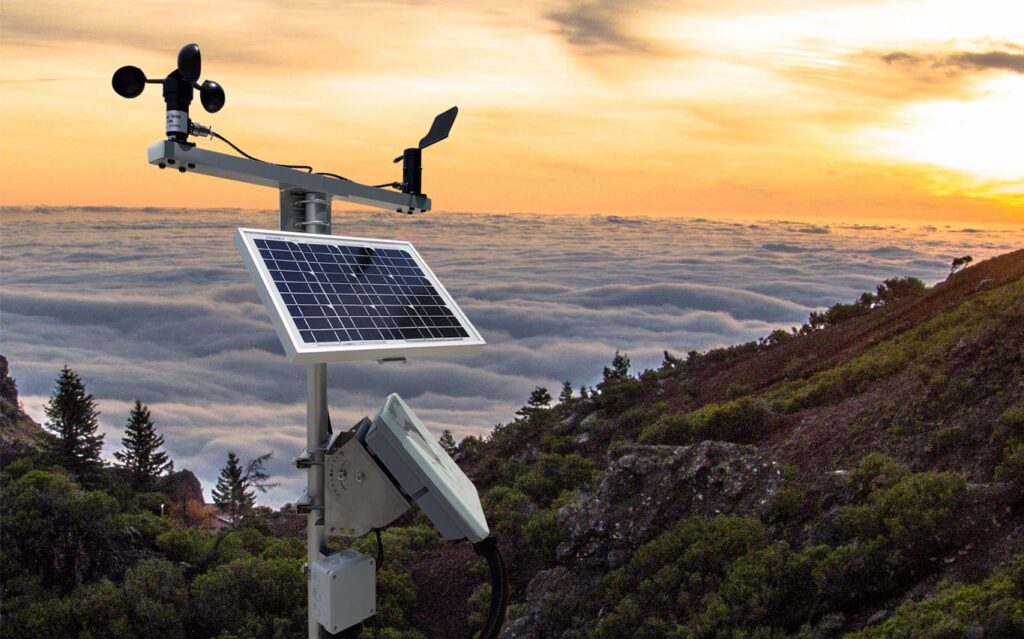
An automatic weather station is a sophisticated device designed to measure and record meteorological parameters automatically. Equipped with multiple sensors, it monitors atmospheric elements such as temperature, humidity, barometric pressure, wind speed, wind direction, precipitation, and solar radiation.
